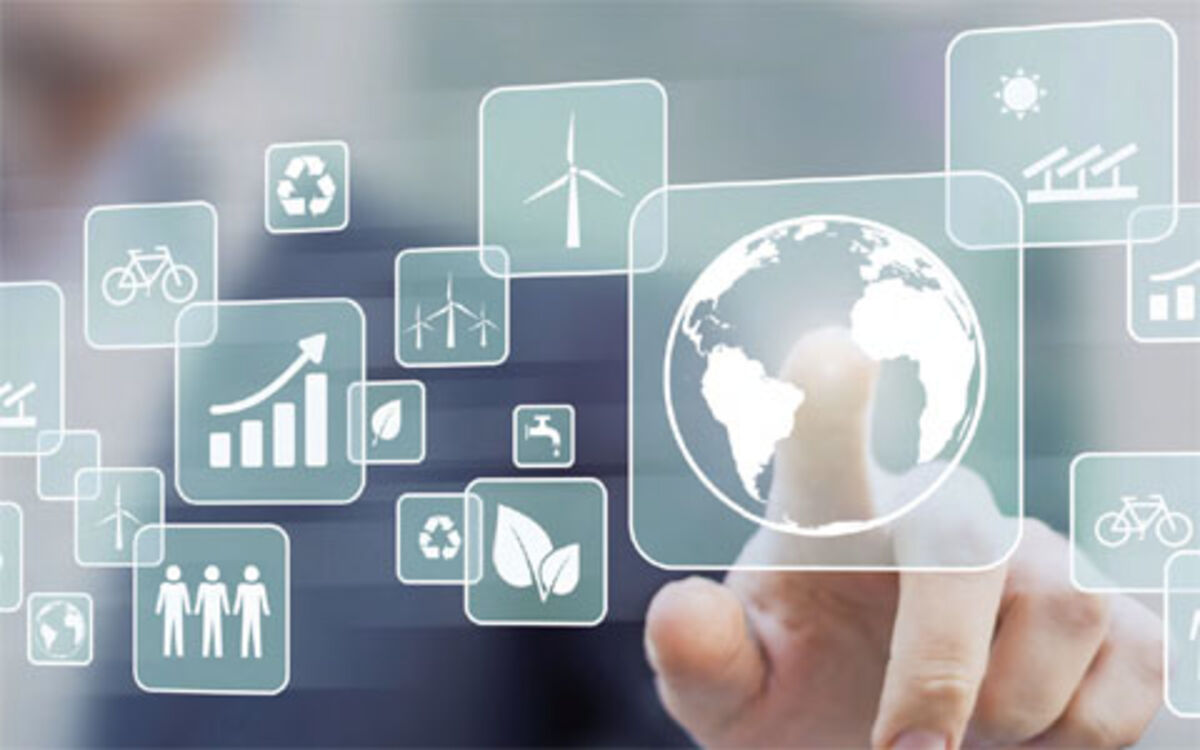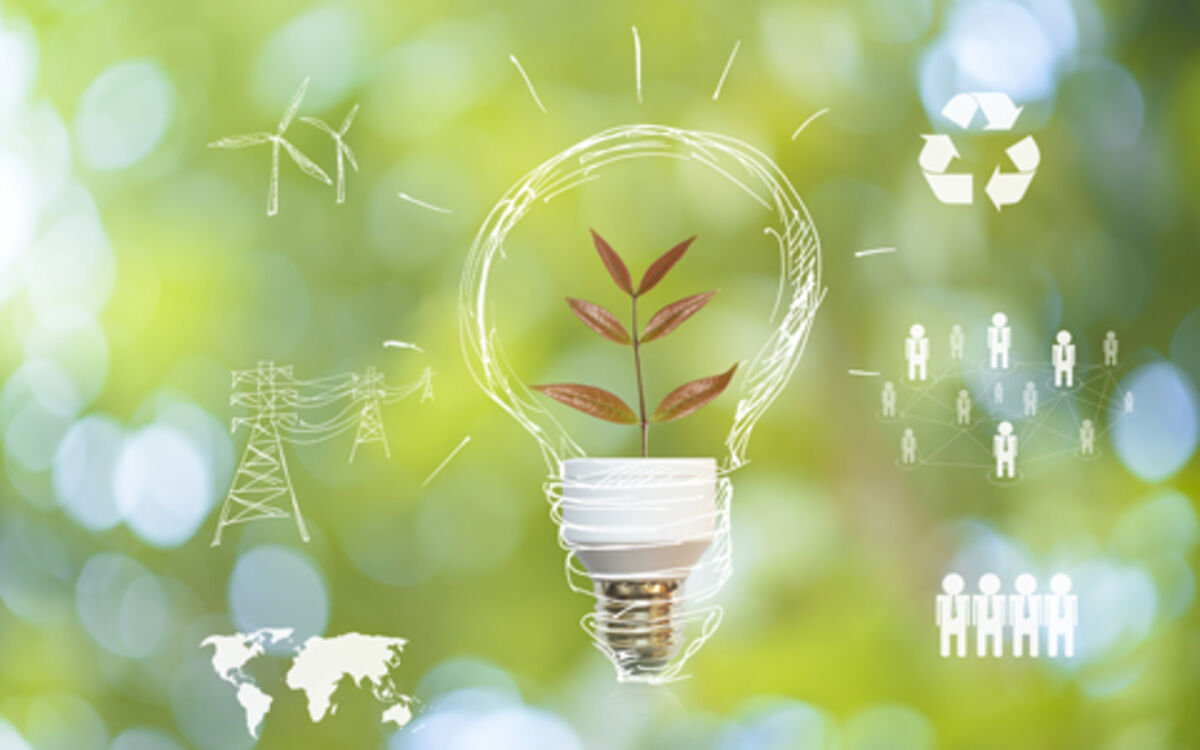Fields of action
The fields of action reflect our sustainability potential and show the positive impact of our measures in terms of sustainability. Here, we see the Sustainable Development Goals (SDGs) as a guiding framework to ensure that our sustainability targets make a direct contribution to sustainable development.
Sustainable Banking
Real estate is responsible for 30-40 percent of CO2 emissions in Germany. As a leading real estate bank in Germany, we have the opportunity to positively influence the CO2 emissions of real estate through our real estate financing portfolio. We thus contribute to reducing the carbon footprint of German real estate and contribute to the 1.5° compatibility as well as to SDG 13 "Action on Climate Change".

Employee Matters
Satisfied, motivated and well-trained employees form the basis for sustainable corporate development. For us, it is therefore essential to maintain the physical and mental working capacity of our employees into old age.
We put a premium to good working conditions. For example, we pay attention to ergonomic workplaces and health protection during computer work. We also attach great importance to training and development measures, programs to promote young talent, occupational health management, flexible working time arrangements, and diversity and equal opportunities.

Social Commitment
The cooperative basic values of aiding empowerment, solidarity as well as sustainable and responsible conduct are cornerstones of DZ HYP’s social commitment. As an active member of society, we are aware that the decisions we make significantly influence the environment in which we move, live and work. That is why we join our employees to dedicate ourselves to the community in which we live and move, and make our own contribution to the work they do together, supporting a large number of social projects and institutions, professionallyoriented nonprofit organisations, as well as the social involvement of the Cooperative Financial Network. Moreover, DZ HYP has a positive impact on economic and social development at its locations – as an employer and contractor.

Here is a selection of our social, cultural and scientific commitment:
- Active Citizenship Association (Aktive Bürgerschaft)
- CLUB OF ROME’s German charter / CLUB OF ROME schools network
- "Hanseatischen Börsenkreis der Universität zu Hamburg e.V."
- Schools and Business Partnership” project launched by a chamber of commerce and industry in Münster
- "Don’t leave school without the prospect of a job” project ru
- "Dunkelziffer e.V." association in Hamburg
- „liebenswert – lebenswert e.V" association
- „KINDER ZUKUNFT FÖRDERN e.V.“ association
- Lebenshilfe Stuttgart e.V.
- Hannoversche Volksbank Foundation
- Volksbank RheinAhrEifel Civic Foundation
Ecological Responsibility
Conserving an intact and stable environment influences our business activities as well. Our environmental management focuses on optimising the use of energy and resources at the Bank, and on using renewable energy sources to consistently reduce our operational carbon footprint. We also seek to reduce mobility related emissions, such as those resulting from business travel. Looking at environmental issues in the supply chain of products and services is another part of our sustainable corporate policy.

